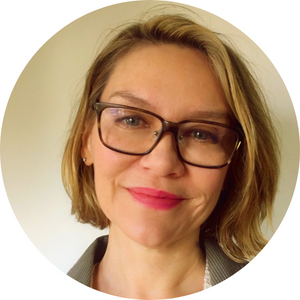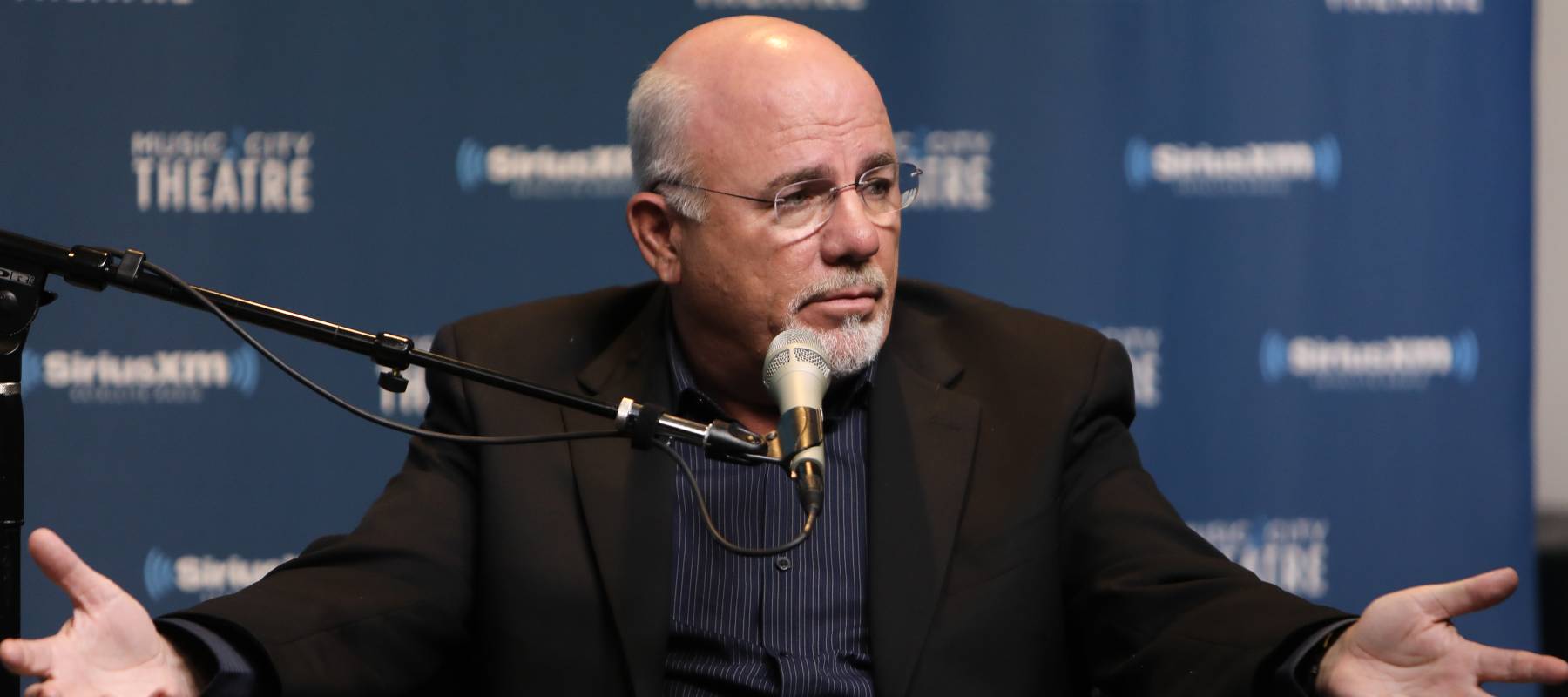1. Avoid lifestyle creep
An improvement in your finances, such as a raise at work or an inheritance, shouldn’t be an excuse to go out and spend.
Boomers knows that any boost to income should go to savings and investments — and not to spending. Increasing your spending, as your income increases, is commonly referred to as lifestyle creep. If this happens, less goes towards your nest egg and this can dramatically impact how comfortable you are when you hit retirement age.
The best option is to always live below your means and to follow the advice that finance writer Elizabeth Aldrich received from her father: Create a retirement budget and stick to it.
As Aldrich told Business Insider, her father managed to retire at 55 — five years later than his target age of 50. The only reason why he was five years later than anticipated is because of the Great Recession of 2008; however, unlike many people his age, the global economic credit crunch didn't completely derail his retirement plans.
By figuring out exactly how much money he needed, he was able to stay the course — even as many of his friends and colleagues suffered layoffs and financial setbacks — and comfortably retire. To do this, Aldrich's father worked backwards to figure out how much he needed to save each year, including the expected rate of return on investments. It was a formula that work, with Aldrich’s stepmom completing the same process and retiring even younger, at 49.
While retirement planning can seem daunting, you can start this process with a few simple steps:
- Create a budget
- Spend less than you earn
- Use the extra funds to start a savings and investing
Empower your investments with Qtrade
Discover Qtrade's award-winning platform and take control of your financial future. With user-friendly tools, expert insights, and low fees, investing has never been easier.
Start Trading Today2. Auto-save, always
Out of sight, out of mind is the smart payday rule for anyone with an eye on retirement. A good way to do this is to set up automatic savings. Do this by setting up automatic transfers from the bank account where your paycheque is deposited to a savings account that's used as an emergency fund or feeds your investment account. By making it automatic, you don't have to worry about remembering to take this action — the transaction is completed as soon as your wages are deposited.
This strategy is also known as the “pay yourself first” strategy. It’s based on the idea that saving is a habit that must be built and reinforced over time.
There's an added benefit to building the habit of auto-saving: exponential nest egg growth. By choosing the right tools, you can increase your savings using the power of compounding. Essentiallly this means the money you earn, earns you money and then earns you more money, over time. To maximize the power of compounding, you want to find savings tools that help you earn a high interest rate on your deposits. Look for high-interest savings accounts and automatic saving apps, but remember to keep fees low.
If you're looking for a savings account with a high-interest rate, consider these options:
3. Invest regularly, maybe even aggressively
Once you have the habit of saving, it's important to develop the habit of investing. You could invest in real estate, stocks, mutual funds or fixed income. Regardless of the asset, the key is to allocate a portion of your earnings towards an investment portfolio — a basket asset that, in theory, increase in value over time.
Experts like Dave Ramsey state that the ideal is to invest 10% to 15% of your annual income into an investment portfolio. Just be sure to diversify.
Boomers with a comfortable nest egg have typically invested in a portfolio that includes various investments products and assets, including stocks, commodities (like gold and precious metals) and exchange-traded funds (ETFs). And as they neared retirement age, boomers moved more and more of their investment portfolio into less riskier fixed-income products, such as bonds and gauranteed investment certificates (GICs). In the last year, many boomers also capitalized on fixed-income alternatives, such as real estate.
If you want to start your investment portfolio, you'll need to open a brokerage account. While many boomers may have started with a financial planner, who they met in-person at their local bank branch. These days most investors — including boomers — rely on the ease and speed of online brokerage accounts. The best part is that an online trading platform is significantly cheaper than an investment broker — a person licensed to trade on your behalf. There is quite a good selection of reputable online discount brokerages in Canada. Good options include:
-
CIBC Investor’s Edge: Get 100 free trades when you open a CIBC Investor’s Edge account using promo code EDGE2425. Plus, get $200 or more cash back. Offer ends March 31, 2025
-
Wealthsimple Trading: Get $25 and commission free trades when you open and transfer $150 or more into the trading account
-
Questrade: Get a $50 trade commission rebate
-
Moka: The auto-invest feature means you can pick from five professionally managed portfolios and your account will automatically invest the funds you deposit based on your investing goals and risk profile.
Unexpected vet bills don’t have to break the bank
Life with pets is unpredictable, but there are ways to prepare for the unexpected.
Fetch Insurance offers coverage for treatment of accidents, illnesses, prescriptions drugs, emergency care and more.
Plus, their optional wellness plan covers things like routine vet trips, grooming and training costs, if you want to give your pet the all-star treatment while you protect your bank account.
Get A Quote4. Don’t live on credit
Canadians carry a lot of debt. According to the Q3 2023 Equifax Canada report, the average consumer debt in Canada is just over $20,000 — including mortgage debt.
While debt appears to be necessary tool — we use it to fund our education, buy transportation and buy a home to live in — there is the danger that the cost of debt could derail current and future financial goals. For those who carry debt balances each month — either from personal loans or on credit cards — paying with cash or using a debit card may be a better option as it forces you to only spend that you've got.
Another strategy to avoid the temptation of living on debt is to create a budget so you can see where the money is going and how much you need to set aside to pay down your debts. Fail to do this and you could end up seeing most of your earnings spent on just paying the interest accumulated from your debts. As one BDO Debt Solutions report explains: “You want to limit the burden of interest payments, so always make more than the minimum payment to save money in the long run."
5. Ask what would Warren Buffet do?
Billionaire Warren Buffett has lived in the same house since 1958. Talk about living within your means.
“I have everything in life I want. It’s a very simple thing,” he told an audience years ago, alongside his late Berkshire Hathaway partner, Charlie Munger.
Both men joked about their shared frugal habits, and teased each other about living in the same houses for so long. And they credited their frugal ways for their company’s success.
“I do not think that standard of living equates with cost of living beyond a certain point,” Buffett told the crowd. “My life would not be happier — in fact, it would be worse — if I had six or eight houses or you know a whole bunch of different things I could have. It just doesn't correlate.”
— with files from Romana King
Sources
1. Business Insider: Retirement advice from my dad who retired early (Nov 13, 2020)
2. Ramsey Solutions: Why should I invest 15% of my income for retirement (Dec 13, 2023)
3. BDO: 6 reasons why budgeting is important (Feb 28, 2023)
4. MoneyMindset: YouTube video of Warren Buffett (2023)
Trade Smarter, Today
Build your own investment portfolio with the CIBC Investor's Edge online and mobile trading platform and enjoy low commissions. Get 100 free trades and $200 or more cash back until March 31, 2025.








